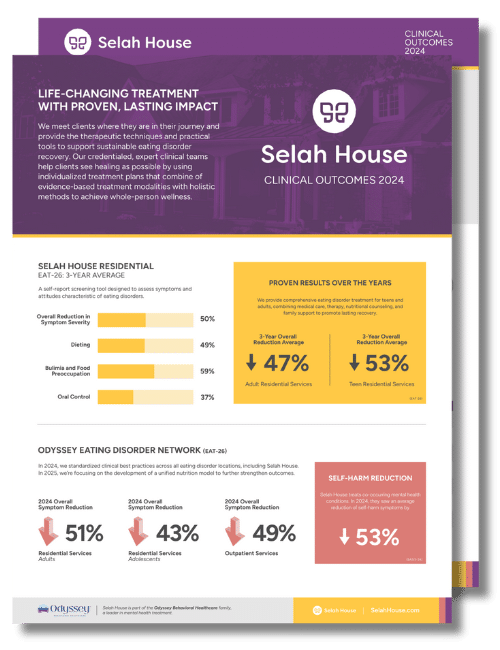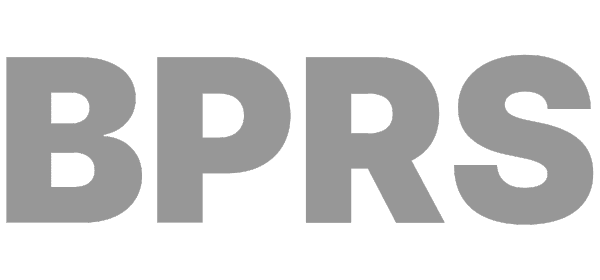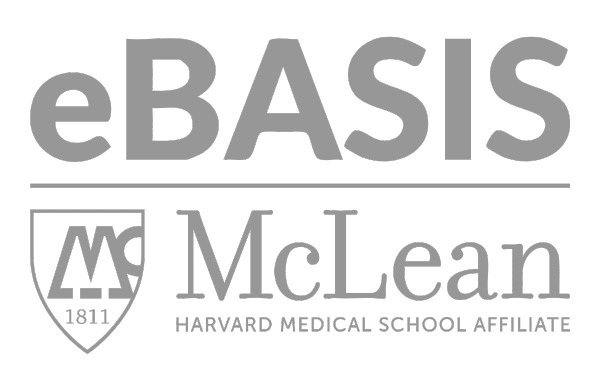2024 Clinical Outcomes + Key Findings
We meet clients where they are in their journey and provide therapeutic techniques and practical tools to support sustainable recovery from eating disorders. Our credentialed, expert clinical teams help clients see long-term healing as a real possibility by using individualized treatment plans that combine evidence-based treatment modalities with holistic therapy methods to achieve whole-person wellness.

Download the Magnolia Creek Outcomes Report to see measurable progress from our comprehensive eating disorder treatment programs.



Care Informed by Research + Training
At Selah House, we utilize research-backed tools to assess treatment effectiveness, support long-term recovery, and continually enhance our concierge-level quality of care. Clients complete outcome assessments at admission, mid-treatment (or every 30 days), and at discharge to track progress and guide ongoing clinical improvements.

Clinical Outcomes 2024
2024 Client Demographics + Diagnoses
Odyssey Eating Disorder Network
We specialize in comprehensive residential and outpatient eating disorder treatment for adult women (ages 18+) and adolescent girls (ages 12-17). Our extensive, personalized approach combines evidence-based therapies, medical support, and a focus on the whole person, allowing us to address the unique needs of each individual.
Adults (18+)
Adolescents (12-17)
Client Diagnoses
| Cient Disorder Breakdown | Primary Diagnosis |
|---|---|
| Anorexia nervosa | 47% |
| Other specified feeding or eating disorder (OSFED) | 29% |
| Bulimia nervosa | 8% |
| Unspecified feeding or eating disorder (UFED) | 7% |
| Avoidant/restrictive food intake disorder (ARFID) | 6% |
| Binge eating disorder | 3% |
| Other | 1% |
Selah House Residential
EAT-26 3-Year Average
A self-report screening tool designed to assess symptoms and attitudes characteristic of eating disorders.
decrease in overall symptom severity
decrease in dieting behaviors
decrease in bulimia + food preoccupation
improvement in oral control
Self-harm reduction
Selah House treats co-occurring mental health conditions. In 2024, we saw an average reduction in self-harm symptoms of
Proven Results Over the Years
3-Year Overall Reduction Averages
We provide comprehensive eating disorder treatment for adolescents and adults, combining medical care, therapy, nutritional counseling, and family support to promote lasting recovery.

 Call
Call